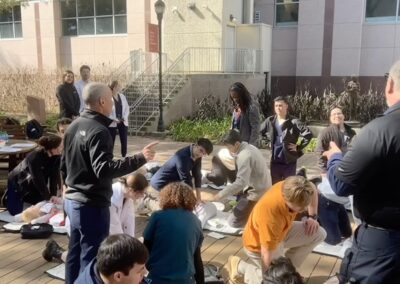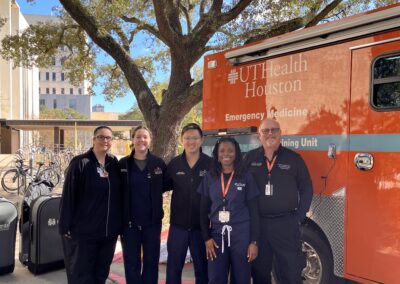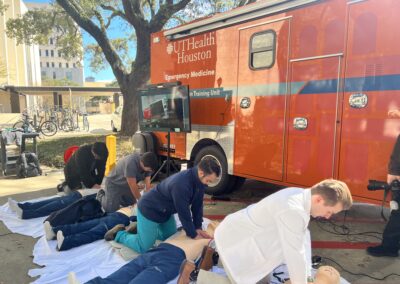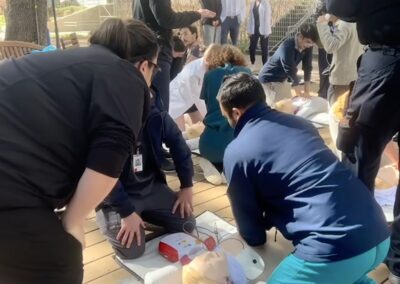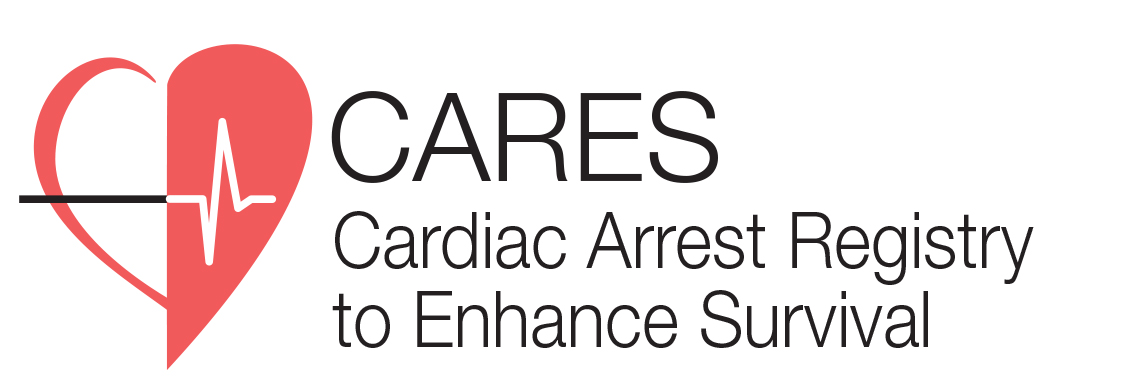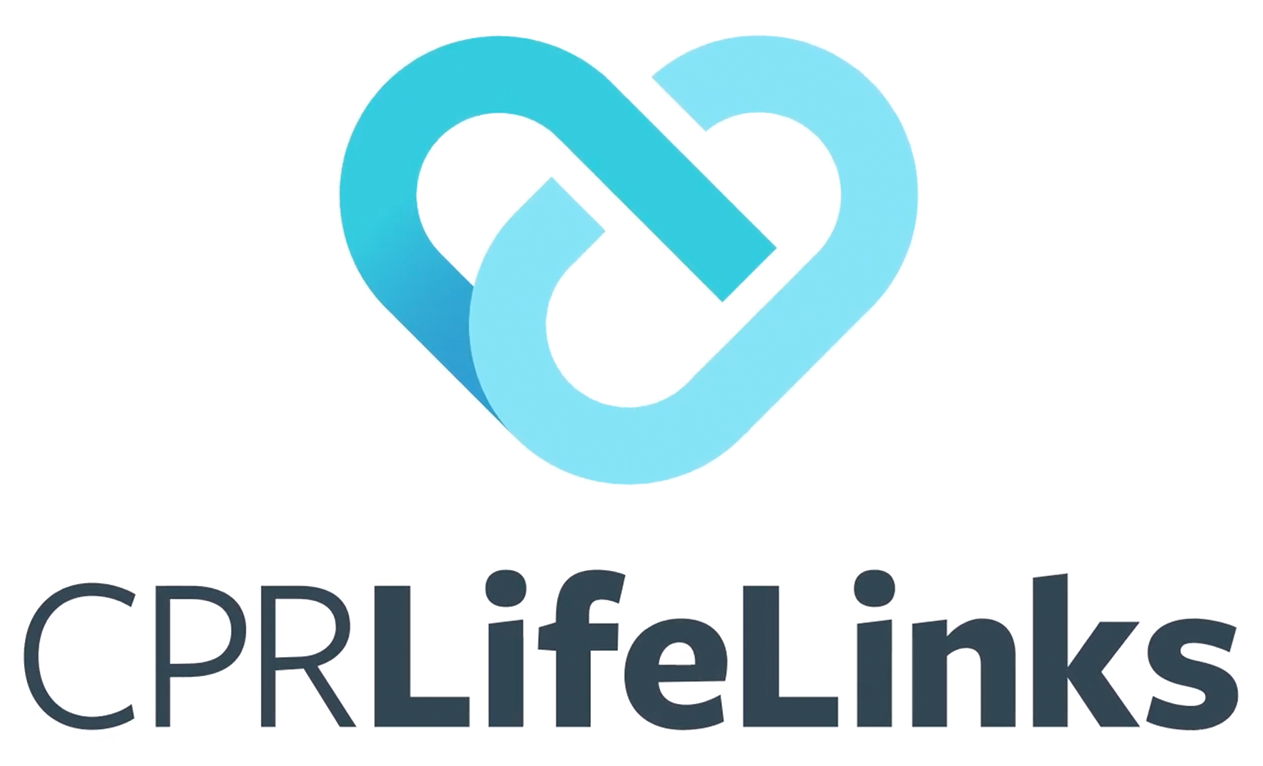UTHealth Houston: Save a Life
Teaching life-saving AED and CPR techniques to students and community members. Read More
Improving survival of patients who experience a cardiac arrest in communities across the state of Texas
The Chain of Survival
For Everyone
For Healthcare Providers
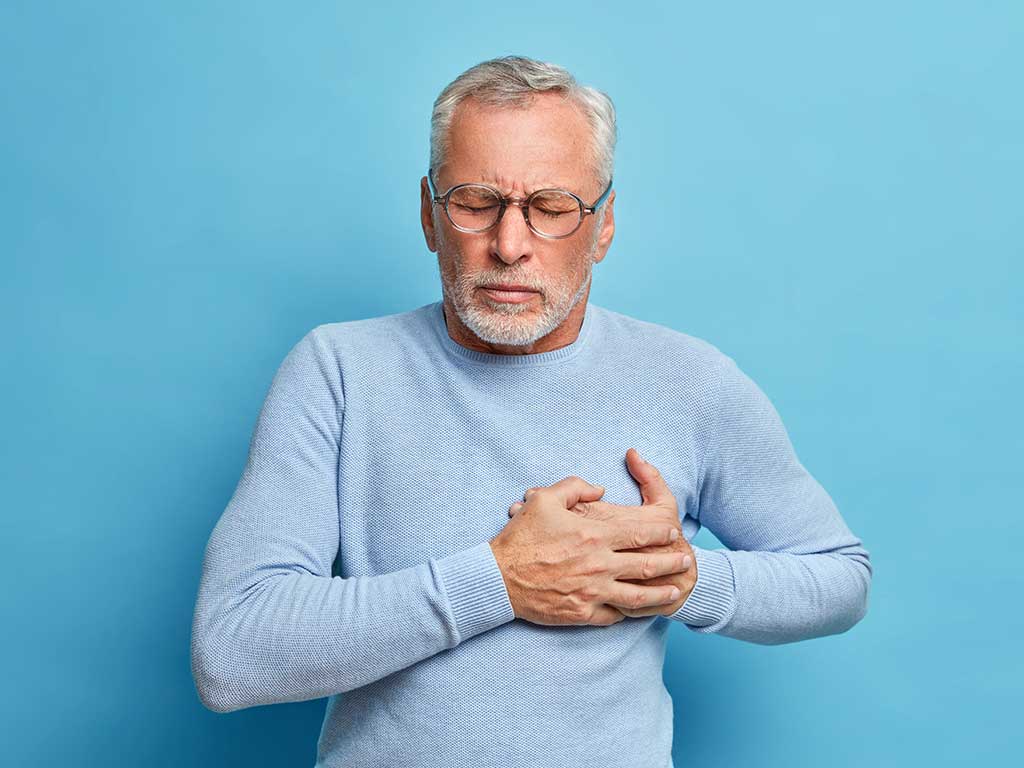
Early Detection
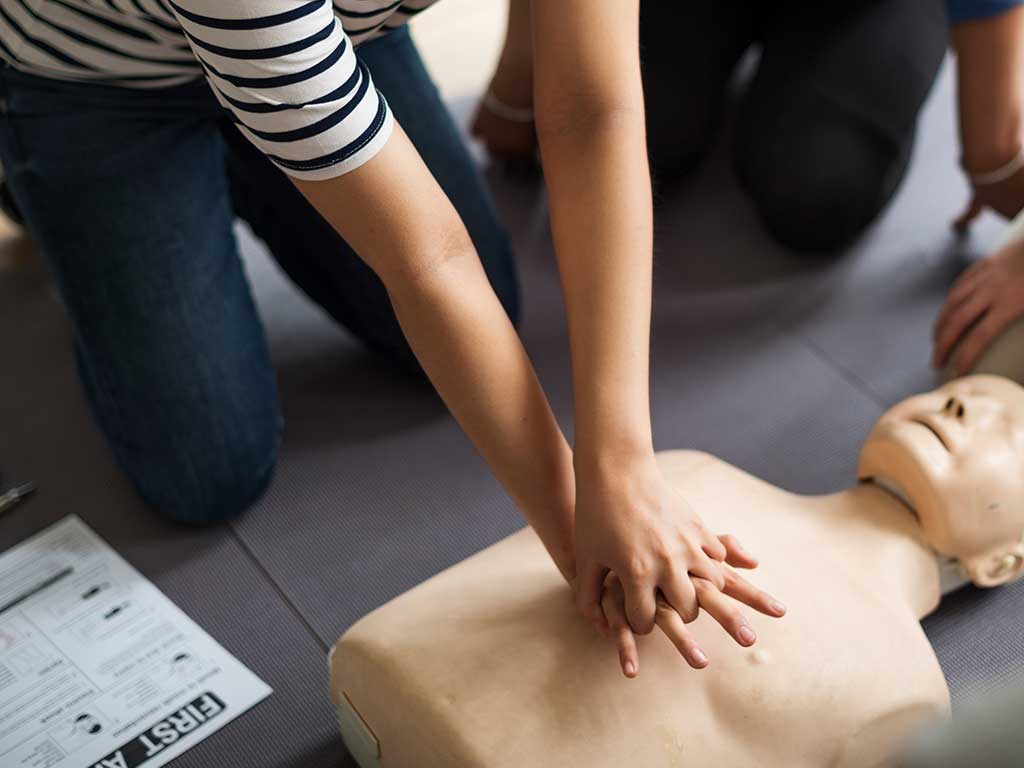
CPR & Defibrillation
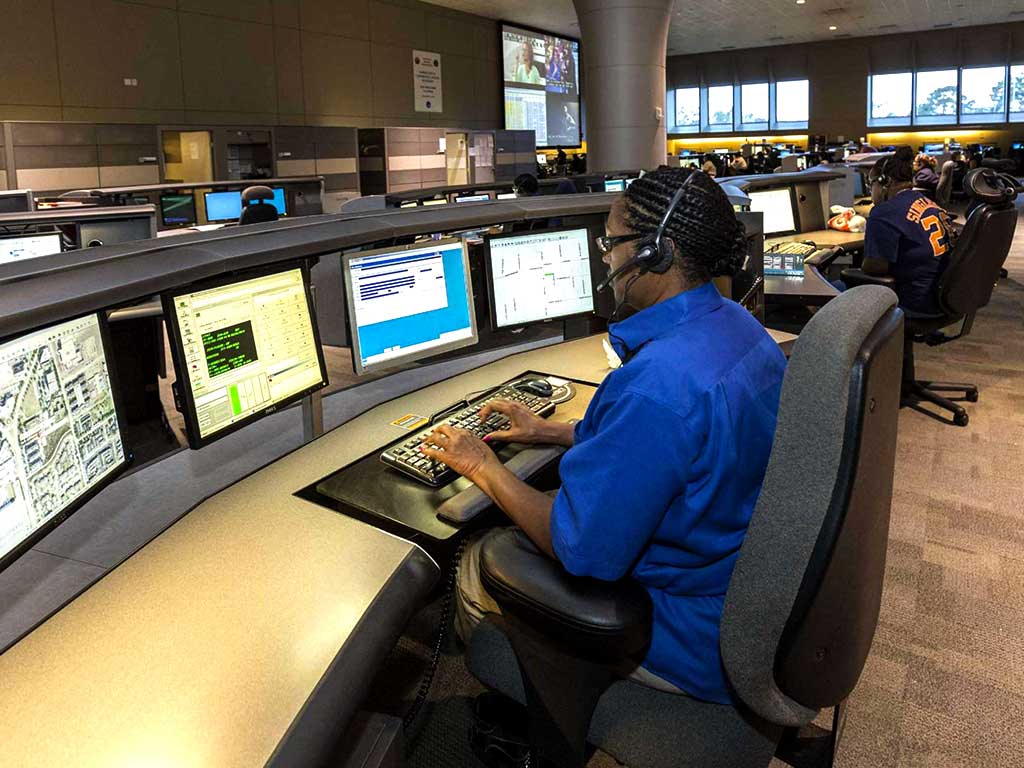
911 Dispatch
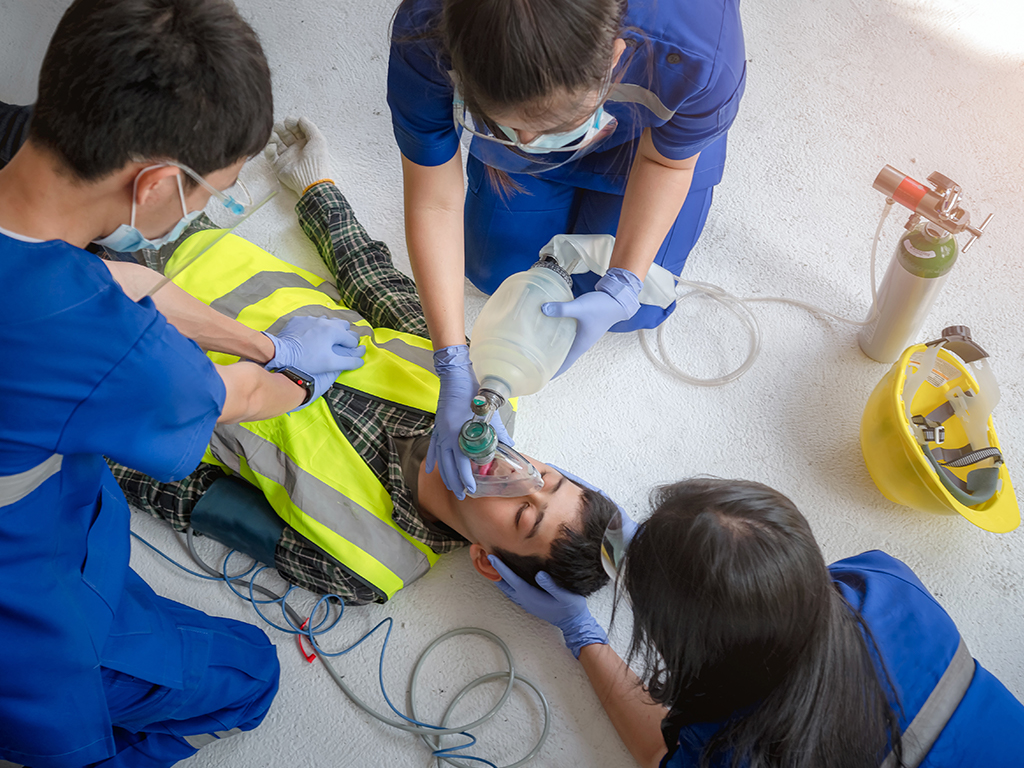
Prehospital Care
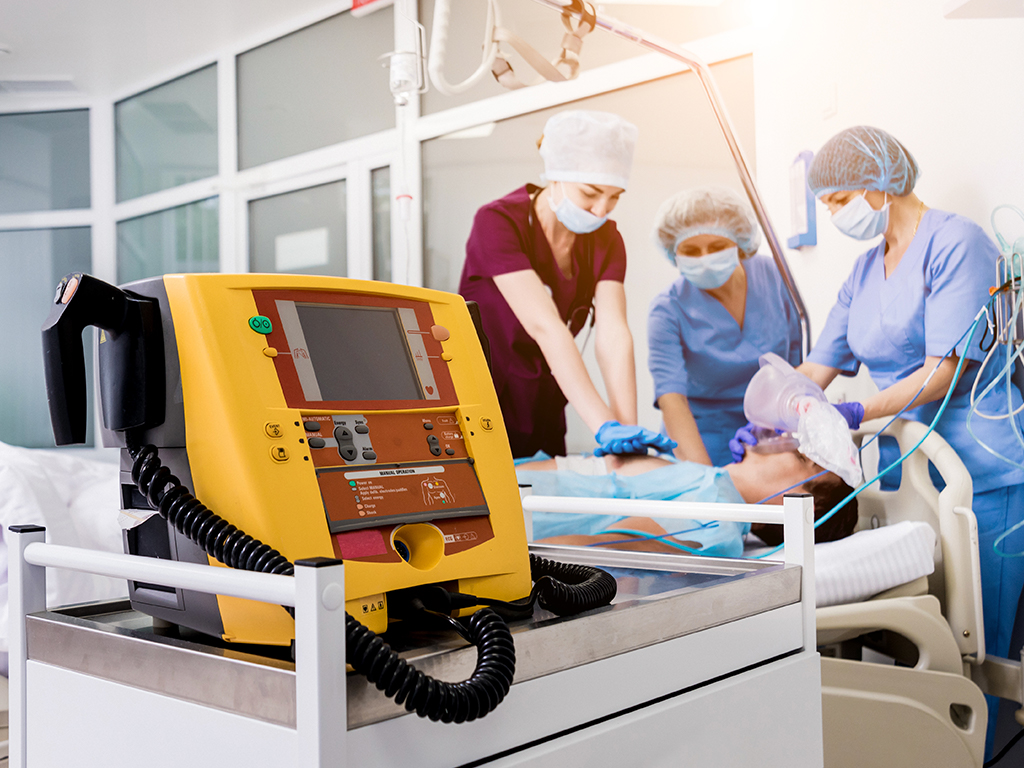
Hospital Acute Care
News
CPR LifeLinks Training & Outreach
McGovern Med at UTHealth Emergency Medicine Department Chair, Ben Bobrow, and Director of Implementation Science, Micah Panczyk, teamed up on October 14 with a host of resuscitation experts at EMS World Expo to produce a first-of-its-kind: a hands-on High-Performance...
Cardiac Arrest Registry Expands Reach Through Public-Private Collaboration
CARES is expanding its reach, with a goal of including all 50 U.S. states and the District of Columbia in its registry and doubling the survival rate from witnessed out-of-hospital cardiac arrests within five years, thanks to support from a collaborative group. Please...
Texas-CARES receives HeartRescue United States Grant
Texas-CARES has been awarded a 2019-2020 HeartRescue United States supplemental grant of nearly $30,000 to support efforts to expand the registry and to optimize 9-1-1 and EMS care in Texas. HeartRescue United States, funded by Medtronic Corporation, is a consortium...
Learn Chest-Compression CPR
When a person experiences sudden cardiac arrest, the heart stops beating, often without warning. OHCA can happen anytime, anywhere, to anyone. Though the vast majority of patients die, early bystander chest compressions and early Automated External Defibrillation...
Texas-CARES and CPR LifeLinks Academy
Texas-CARES & CPR LifeLinks Academy November 25: 9 a.m. – 4 p.m. Texas EMS Conference – Fort Worth Join an expert faculty group at this course and learn: How to join the expanding Cardiac Arrest Registry to Enhance Survival (CARES) How CARES can promote improved...
Suffering Cardiac Arrest In Chicago Used To Be A Near-Certained Death Sentence. But In Just A Few Years, The Survival Rate Tripled. What Happened?
The reason, scientists say, is largely because more bystanders are performing CPR in the crucial moments after a person's heart stops beating. Please see the following link:...
Get Involved
TX-CARES can keep you posted on information that matters to you as a member of the general public.
TX-CARES works closely with healthcare professionals to improve cardiac arrest survival in Texas. Sign up to stay informed about educational opportunities and more.

